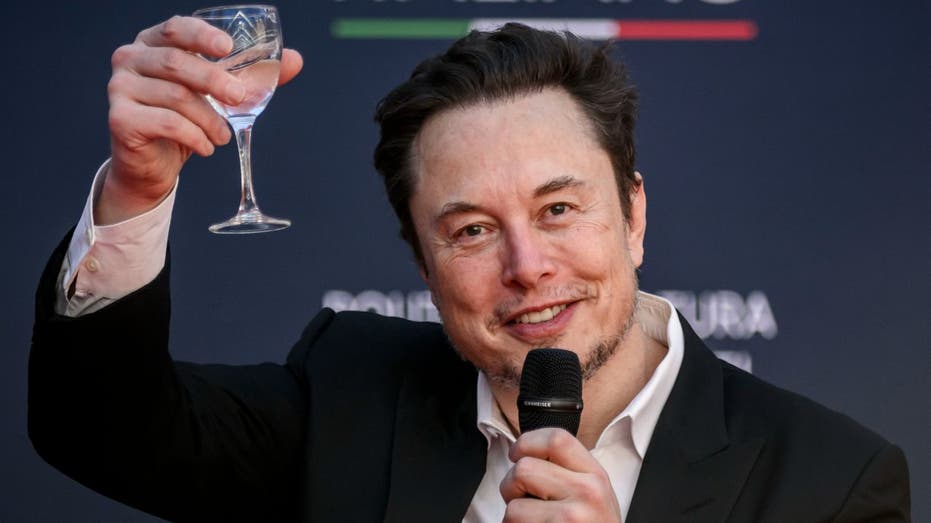Evercore ISI senior managing director Mark Mahaney discusses whether the Justice Department lawsuit against Google will affect its stock price on “Varney & Co.”
Google says its latest microchip has solved a key quantum computing challenge, and the news even earned a nod from Elon Musk.
“Introducing Willow, our new state-of-the-art quantum computing chip with a breakthrough that can reduce errors exponentially as we scale up using more qubits, cracking a 30-year challenge in the field,” Google and Alphabet CEO Sundar Pichai wrote on X on Monday.
Sundar Pichai (Jerod Harris/Getty Images for Vox Media/File)
| Ticker | Security | Last | Change | Change % |
|---|---|---|---|---|
| GOOG | ALPHABET INC. | 172.98 | +2.49 | +1.46% |
“In benchmark tests, Willow solved a standard computation in
DOJ CALLING FOR GOOGLE BREAKUP A ‘FAIRY-TALE SOLUTION,’ MEDIA EXEC SAYS
Pichai added, “We see Willow as an important step in our journey to build a useful quantum computer with practical applications in areas like drug discovery, fusion energy, battery design + more.”
“Wow,” Musk responded, sparking an exchange between the SpaceX founder and the Google chief, who wrote back, “We should do a quantum cluster in space with Starship one day,” with a smiley face.

Elon Musk, CEO of Tesla and SpaceX, seemed impressed with the capabilities of Google’s latest chip, “Willow.” (Antonio Masiello/Getty Images/File)
“That will probably happen,” Musk replied. “Any self-respecting civilization should at least reach Kardashev Type II. In my opinion, we are currently only at
Like other tech giants such as Microsoft and IBM, Google is chasing quantum computing because it promises computing speeds far faster than today’s fastest systems.
Willow has 105 “qubits,” which are the building blocks of quantum computers. Qubits are fast but error-prone because they can be jostled by something as small as a subatomic particle from events in outer space.
GET FOX BUSINESS ON THE GO BY CLICKING HERE
As more qubits are packed onto a chip, those errors can add up to make the chip no better than a conventional computer chip. So, since the 1990s, scientists have been working on quantum error-correction.
Reuters contributed to this report.

